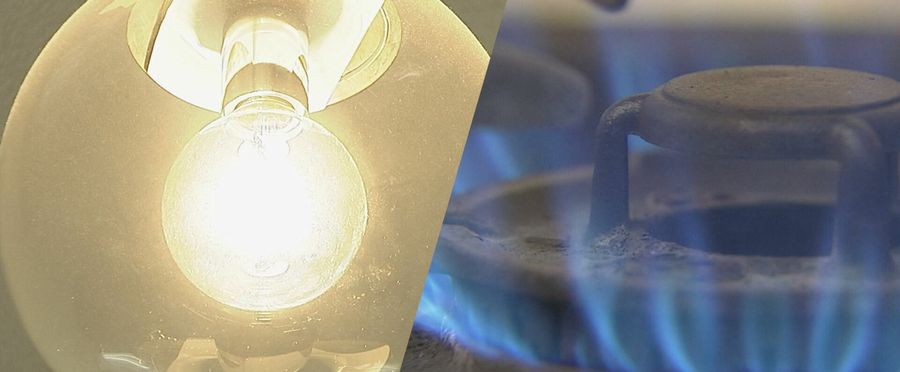In October, all utility companies in Japan increased the price of electricity and gas. The increment comes amidst an economic climate where the cost of other services and commodities is steadily climbing. This hike has seen companies and households facing a stiffer financial condition as they navigate these changes. Reasons for the price increase range from fluctuating international prices to domestic market adjustments.
Utility costs form a significant portion of household expenses in Japan, and increases like this are closely watched by the public. The social expectation is that the government and utility companies will work together to manage and stabilize prices in a way that avoids sudden and drastic changes, given their impact on everyday living. Therefore, such news of hikes in prices often ignites debates about economic condition, living standards, and policy making.
In comparison, similar cases in the US and EU would also garner significant public attention, as energy costs impact both households and businesses. Each region has its own regulatory mechanisms to manage energy prices, but these often involve a mix of market forces and government intervention. Differences in energy sources and infrastructure can lead to variations in how quickly and significantly prices change.

